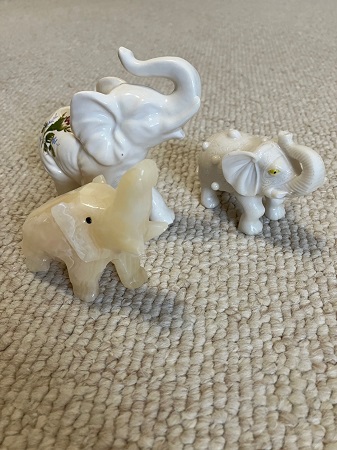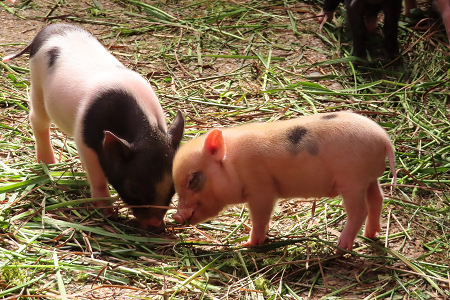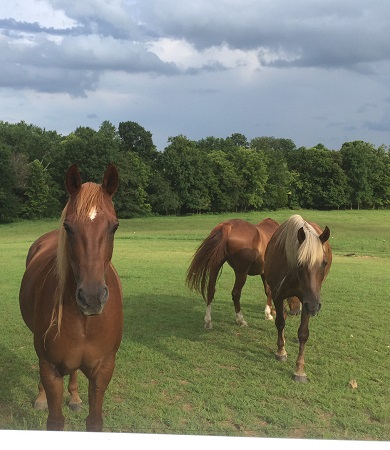Elephant in the Room
 Few of us desire an elephant in the room. Not the kind on four legs and not unpleasant subjects.
Few of us desire an elephant in the room. Not the kind on four legs and not unpleasant subjects.
An elephant in the room means a problem no one discusses.
The situation is:
- Serious
- Important
- Obvious
We need to address the topic.
Everyone knows about it. However, no one wants to discuss it because it makes us feel:
- Uncomfortable
- Embarrassed
- Awkward
As a result, we ignore the issue rather than rock the boat.
- Families don’t mention strained relationships.
- Workers overlook wasteful systems.
- Friends choose peace over responsibility.
Excuses for ignoring difficult situations include:
- “It’s none of my business.”
- “No one gets hurt.”
- “I don’t have time to get involved.”
We want to remain on the right track. At times, that means we avoid unnecessary problems. Other times, it means we stand firm for truth and examine the elephant
An elephant in the room’s origin is unknown.
According to The Phrase Finder, it probably began in the United States.
“It is shameful even to mention what the disobedient do in secret” (Ephesians 5:12 NIV).
Thanks to Ann Klotz and Darrin Jenkins for the suggestion.

Do you have an expression you want explained or thoughts about this one? If so, please comment below.
Subscribe to receive my weekly posts by email and receive a free copy of “Words of Hope for Days that Hurt.” Congratulations to Larry Bowen whose name was randomly selected from my mailing list to receive a free copy of Martin Wiles’s book, “Don’t Just Live…Really Live.”
If you enjoyed this post, please share it with your friends.
 Please welcome my friend
Please welcome my friend  Rather than face the truth of a matter, one happily ignores it.
Rather than face the truth of a matter, one happily ignores it. Many people wonder if anyone hears what they say. Their words seem to go in one ear and out the other.
Many people wonder if anyone hears what they say. Their words seem to go in one ear and out the other.